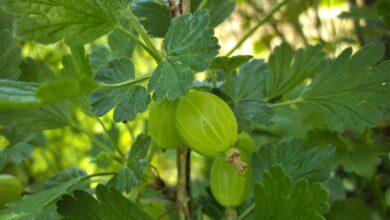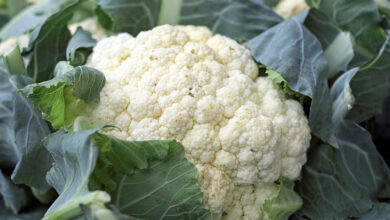Apricots: Health Benefits And Side Effects

The History Of Apricot
Apricot is a fruit tree from the Rosacea family.
It is quite difficult to accurately establish the homeland of a plant. One version: apricots spread thanks to merchants with goods from Armenia. Such a theory is based on the fact that apricots in ancient Greece and Rome were called the “Armenian apple”. Just a thousand years ago, this fruit was also called by Arab scientists.
Until now, in Armenia, apricot is considered a symbol of the nation. Even the film festival taking place in this country is called the Golden Apricot.
However, most scientists are inclined to believe that China was the source from which apricots spread.
The name of the fruit in Russian was borrowed from Dutch in the 18th century. The original source from Latin was translated as “early”, because these fruits ripen really quickly. For some time, apricots and peaches were even called so: “early ripening” and “late ripening”.
Now the main supplier of apricots is Turkey, the province of Malatya. It produces about 80% of all dried apricots – dried apricots, as well as fresh fruits.
The Benefits Of Apricots
Apricot has such a bright red colour due to the abundance of carotenoids. They improve the condition of the skin, vision, and also protect cells from aging.
Apricots contain a lot of potassium. Only 100 grams of dried fruits cover 70% of the daily requirement for this trace element.
Both the pulp and the pit of the apricot have a powerful antioxidant effect. Eating this fruit will help reduce the damaging effects of aggressive free radicals on cells.
Japanese scientists have even discovered the ability of apricot extract to inhibit the growth of cancerous tumors. Experiments were carried out both on individual cells and on organisms. The extract was found to suppress skin metastases in melanoma. Cells were sensitive in pancreatic and breast cancer. At the same time, healthy cells did not react in any way to the apricot extract.
Another group of Japanese scientists have identified the ability of apricot to inhibit the growth of the bacterium Helicobacter pylori. It is the main cause of gastritis. Thanks to the apricot, the manifestations of the disease were less pronounced. Most of the research is now being done with apricot kernel oil and fruit extract.
Composition and calorie content of apricots
| Calories per 100 grams | 44 kcal |
| Squirrels | 0.9 g |
| Fats | 0.1 g |
| Carbohydrates | 9 g |
Side Effects of Apricots
Apricots are best bought in season so that they are not treated with chemicals that speed up ripening.

Apricot should be consumed in moderation, as it contains amygdalin, and its abundant amount can lead to poisoning. These fruits contain a lot of sugar, they should not be consumed in diabetes and peptic ulcer. They are also strong allergens, they should be used with caution, especially for pregnant women and children.
The use of Apricots in medicine
In the treatment, seed oil, a decoction of dried apricots (dried apricots) are used. Apricot oil is especially important in medicine. It serves as a solvent for fat-soluble drugs. In cosmetology, oil is widely used as a means for moisturizing and nourishing the skin and hair.
Dried apricots, as well as its decoction, are used to combat edema as a diuretic. This is important for kidney diseases, hypertension.
Apricot extract and pit extract sold separately. The so-called vitamin B17 is widely known as the prevention and treatment of oncology. However, its effectiveness has not been proven, rather the drug is harmful due to the content of cyanide.
Also, gum is obtained from apricot trees – streaks of juice on the bark. Gum powder replaces gum arabic in medicine – acacia resin. It is used as an emulsifier for mixtures so that they do not separate into components during storage. Sometimes apricot gum is used as an enveloping agent for the stomach.




